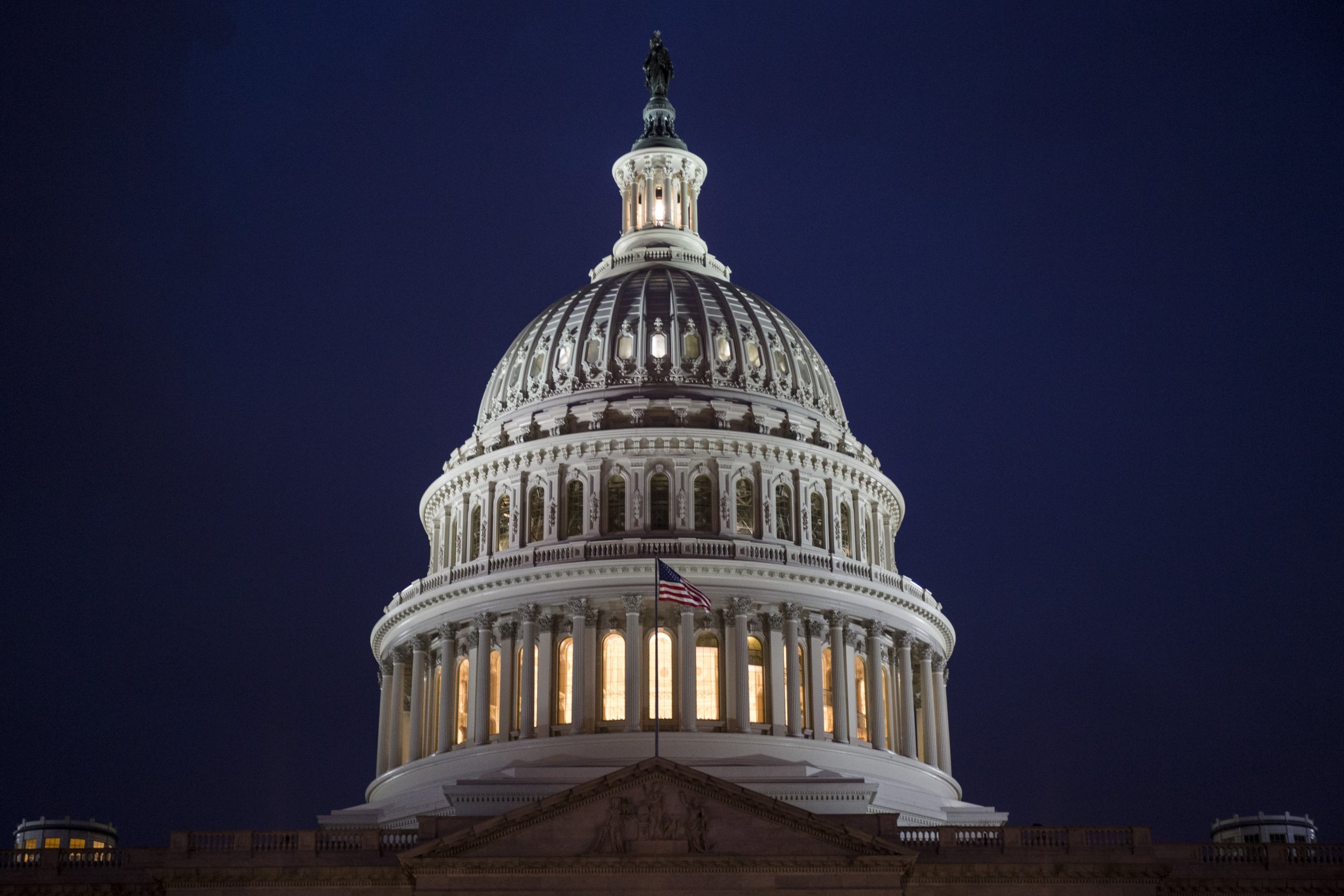
Quora Questions are part of a partnership between Newsweek and Quora, through which we'll be posting relevant and interesting answers from Quora contributors throughout the week. Read more about the partnership here.
Answer from Michael Lee, Public Policy Analyst:
Health care policy involves a lot of political challenges. Leaving aside the policy questions for the moment—let's just talk politics—the challenges include:
- Path dependence or inertia. Once something gets going in government, it's really hard to stop it, because it develops a constituency that agitates to protect it. This is true more broadly than health care policy, but it's particularly acute in health care, because of…
- Risk aversion. People don't like things to change too quickly or too drastically, particularly when it comes to individual benefits. And health care policy involves a lot of people receiving benefits in some form or another! And fundamentally, those benefits involve…
- Costs. Health insurance as currently structured in the U.S. is expensive. It doesn't necessarily have to be that way, but see above: radically reshaping health insurance offerings to reduce costs is challenging, and a lot of people rely on subsidies, either via the government or their employers, to purchase health insurance or obtain health care benefits. Any effort to expand health care coverage further gets expensive, and Americans have a well-known aversion to paying more in taxes.
So when talking about the Republican health care proposal this year, even leaving aside the policy issues, we have a new government entitlement in the form of ACA's insurance subsidies that now has a constituency (both via the insurance industry and the covered individuals) that doesn't want things to change! But reversing field (even if Republicans were interested in building on ACA) isn't too workable either, because it would require new tax revenue to cover more people.
Remember, Democrats in 2010 passed ACA even though it had a lot of problems and didn't really reflect their policy priorities. And they did it because it moved the ball in their direction and they were convinced that they'd be rewarded by the voters for providing a new benefit. That hasn't happened quite yet, but voters still agitated against the Republican proposal because it would have reduced health insurance coverage compared to current law.
It remains to be seen where we go from here.
Why is the health care bill considered such a hard problem? originally appeared on Quora - the place to gain and share knowledge, empowering people to learn from others and better understand the world. You can follow Quora on Twitter, Facebook, and Google+. More questions:
- Health Insurance: What are the primary reasons for employers to still be involved in the US healthcare system?
- Federal Government of the United States: What are some political topics you've noticed that people are generally uninformed/misinformed about?
- Politics of the United States of America: How did debates about Healthcare become arguments about Capitalism in the USA?
Uncommon Knowledge
Newsweek is committed to challenging conventional wisdom and finding connections in the search for common ground.
Newsweek is committed to challenging conventional wisdom and finding connections in the search for common ground.





